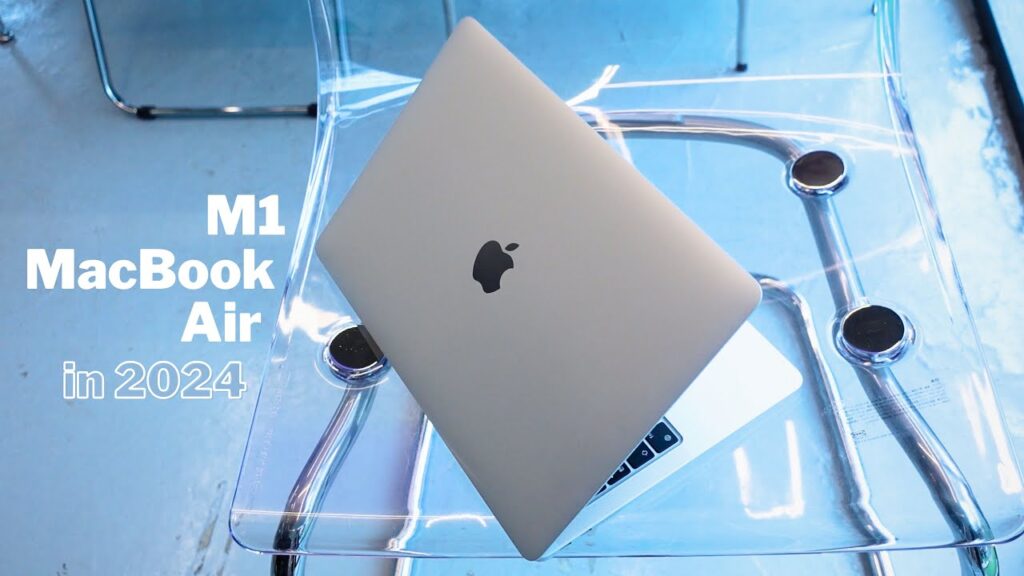Early this year, Apple announced that it will no longer be selling the M1 MacBook Air, a move toward newer, more sophisticated models like the M2 and M3 MacBook Airs. On the other hand, the M1 MacBook Air has surprisingly regained popularity due to the latest advances at WWDC. The new Apple Intelligence capabilities that allow older Macs, such the M1, to function backwards are mostly to blame for this comeback.
The introduction of macOS Sequoia represents a significant upgrade in compatibility, extending support from 2018 models to those from 2020. This update is underpinned by Apple’s incorporation of the neural engine, a critical component responsible for powering the latest AI capabilities. While not all older Macs are compatible with Sequoia, this move highlights Apple’s commitment to enhancing previous-generation devices with cutting-edge AI features.
In contrast to Microsoft’s Copilot+ launch, which limited on-device AI features to new laptops, Apple’s strategy aims to democratize AI technology across a broader spectrum of its user base. By extending AI capabilities to older Mac models like the M1 MacBook Air, Apple ensures that users can benefit from AI advancements without necessarily having to upgrade to newer hardware.
Despite these advancements, it’s important to manage expectations regarding the performance gap between the M1 MacBook Air and its successors like the M2 and M3 models. While the M1 may not match the graphical prowess or overall speed improvements of the M3, its performance remains robust for everyday tasks where CPU performance is crucial. Apple acknowledges that the neural engine on the M3 is significantly faster than on the M1, suggesting there may be noticeable differences in performance for more demanding tasks.
The affordability of the M1 MacBook Air, particularly in the refurbished market where it can be found for under $500, enhances its appeal in light of these new AI features. This price point, coupled with the inclusion of advanced AI capabilities, makes the M1 MacBook Air an attractive option for budget-conscious consumers seeking modern technology at a reasonable cost.
Apple’s decision to enable AI features on older devices like the M1 MacBook Air isn’t merely about driving immediate sales but underscores a broader commitment to the long-term viability of its product ecosystem. By demonstrating that older devices can still deliver significant value through software updates, Apple enhances customer loyalty and distinguishes itself from competitors.
The investment in AI acceleration technology has positioned Apple as a frontrunner in integrating AI into everyday computing tasks. This proactive stance not only improves user experience and productivity but also reinforces Apple’s reputation for innovation and customer-centric design.
Beyond the MacBook Air, Apple’s advancements in AI signify a strategic shift towards a more integrated and intelligent ecosystem. By prioritizing on-device processing over cloud-based solutions, Apple emphasizes privacy and security while ensuring seamless interactions across its product lineup.
If you like the article please follow on THE UBJ.
